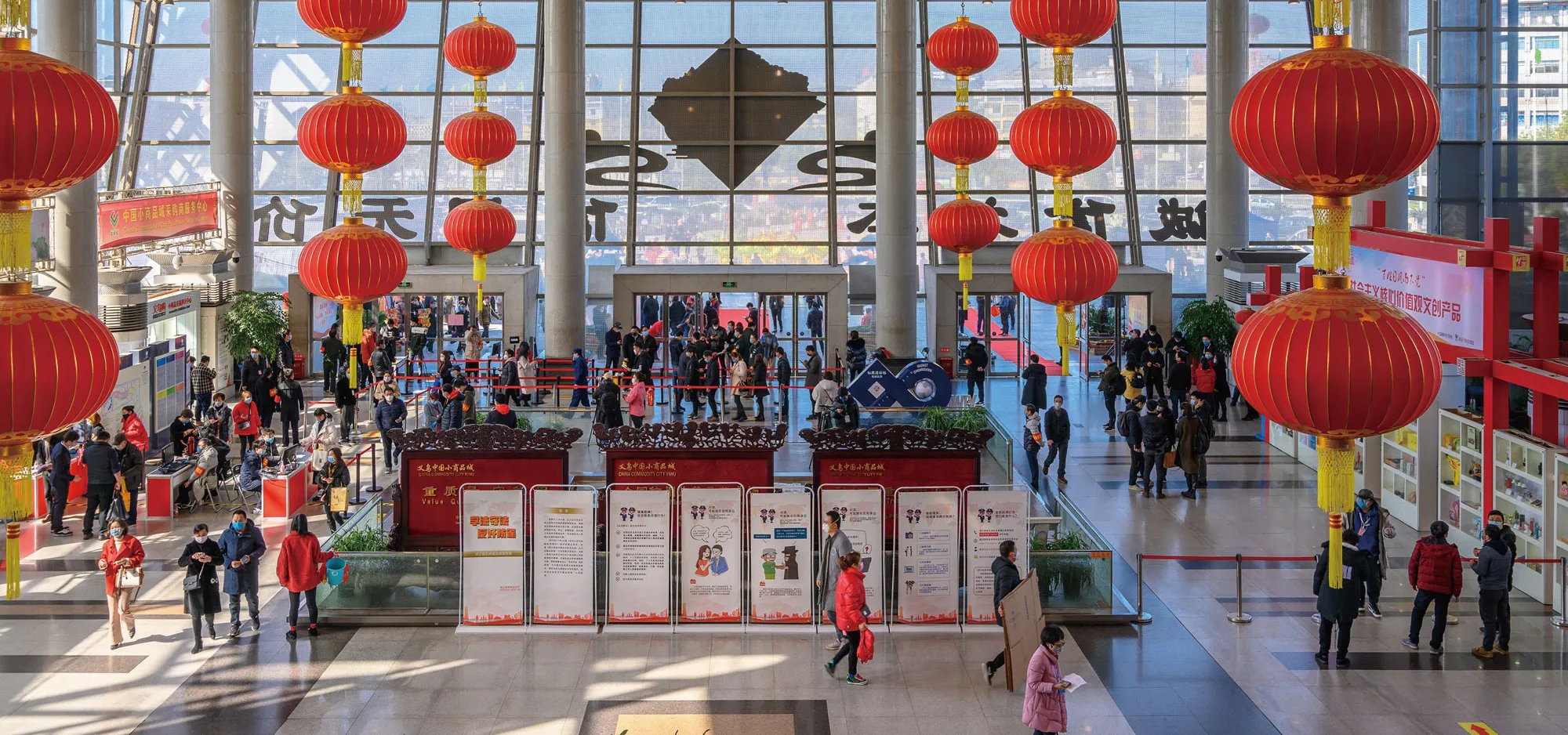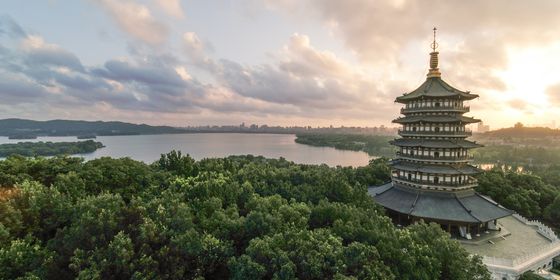How the small eastern Chinese town of Yiwu became the largest commodities market in the world
In the first century BCE, when Zhejiang was just a frontier, a poor young man named Yan Wu lived there with his father. One day, Yan found an injured crow by the side of the road, took it home, and nursed it back to health.
Years later, Yan’s father died. As Yan was too poor to afford a funeral, he dug the grave himself. After three days and three nights, he collapsed from exhaustion and grief. Suddenly, a flock of crows appeared, and helped Yan dig the grave with their beaks. The story of the filial Yan and loyal birds spread all over the land, and the spot was dubbed Wushang (乌伤, “sorrow of crows”) or Wuxiao (乌孝, “filial piety of crows”), later changing to Yiwu (义乌, “righteousness of crows”).
Though a flock of crows hardly seems like a good omen, fortune has continued to smile on Yiwu ever since. This mountainous region of central Zhejiang had always depended on trade due to a lack of arable land. The city’s star really rose in 1982 when, after Deng Xiaoping’s economic reforms, a wholesale market dating back to the 1700s was reopened in the area, eventually becoming the Yiwu International Trade Market (义乌国际商贸城), the largest commodities market in the world.













